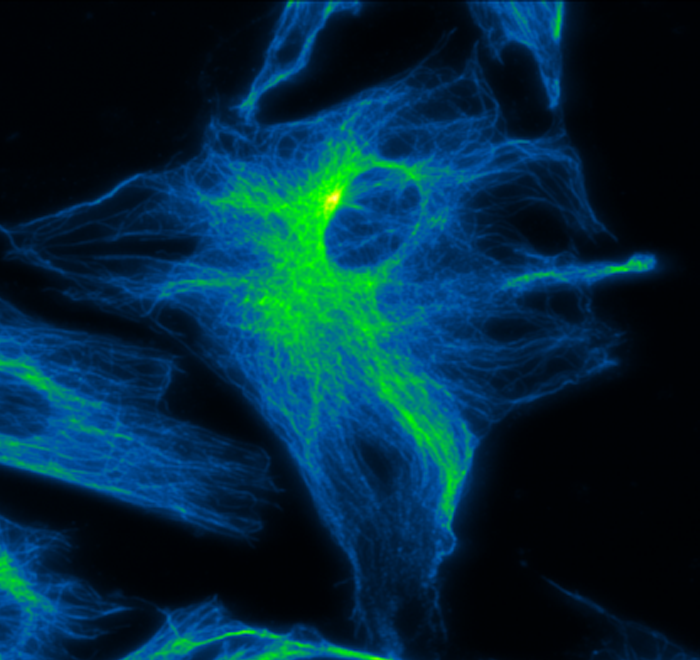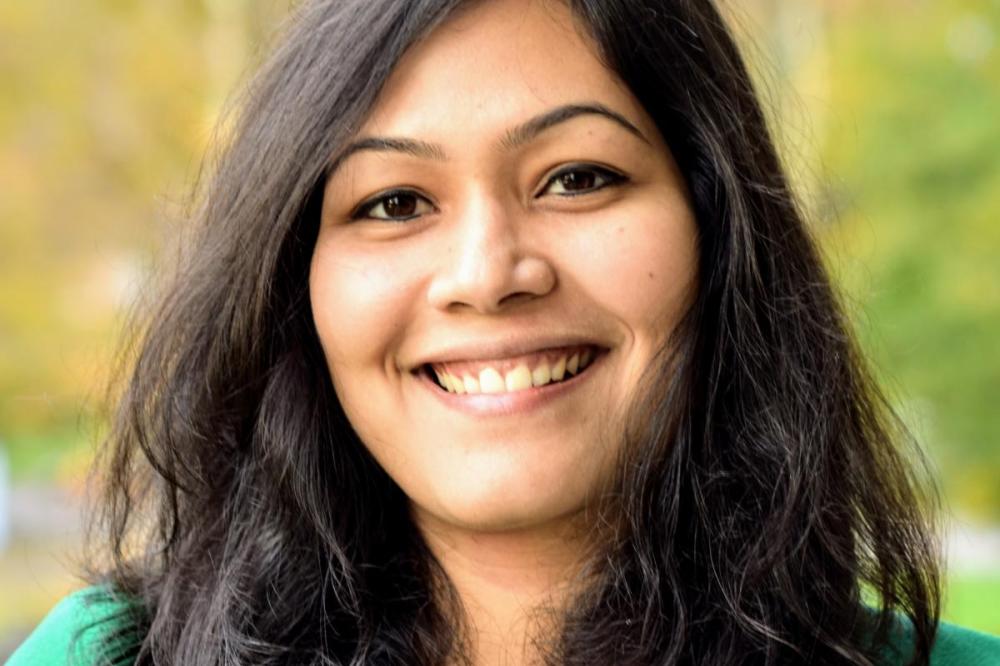Curious how cells are kept running like well-oiled machines, Vaishnavi Ananthanarayanan uses high resolution, live cell imaging to investigate cellular dynamics within the crowded environment inside mammalian cells. Her particular interests include how protein motors sort and transport vital cargo into and throughout cells, and how they organise subcellular compartments – like mitochondria and endosomes – to maintain cellular function.
Monitoring the movement of these motors along a network of microtubules inside cells and their coordinated interactions with these microtubule tracks, she hopes to discover how cellular organisation changes during diseases like neurodegeneration, and how protein motors like cytoplasmic dynein-1 are involved in this re-organisation.
Cells employ motor proteins to carry out a myriad of functions including maintenance of cellular organization, transport of substances across the cell, and generation of forces required for cell division. These activities of motor proteins are facilitated by self-organizing polymers inside the cell including the microtubules. Microtubules function as tracks for motor movement, and alternately as ropes which motor proteins pull on. We have gained a wealth of information by replicating cellular processes involving motors and the cytoskeleton outside living cells, i.e. ‘in vitro’. However, understanding the complex intracellular milieu within which motors operate to organize the cell remains an elusive quest. A thorough investigation of processes regulating motors and microtubules therefore lets us see how these processes unravel in contexts of both health and disease (including neurodegeneration and cancers), where they go rogue.
The Cytoskeleton and Motors Lab (Cytomotors Lab) aims to investigate cellular organization brought about by the activity of motor proteins and the cytoskeleton across scales: from single molecules to whole organelles, by employing advanced live-cell microscopy techniques with high spatial and temporal resolution.
Learn more about the Cytomotors Lab.

